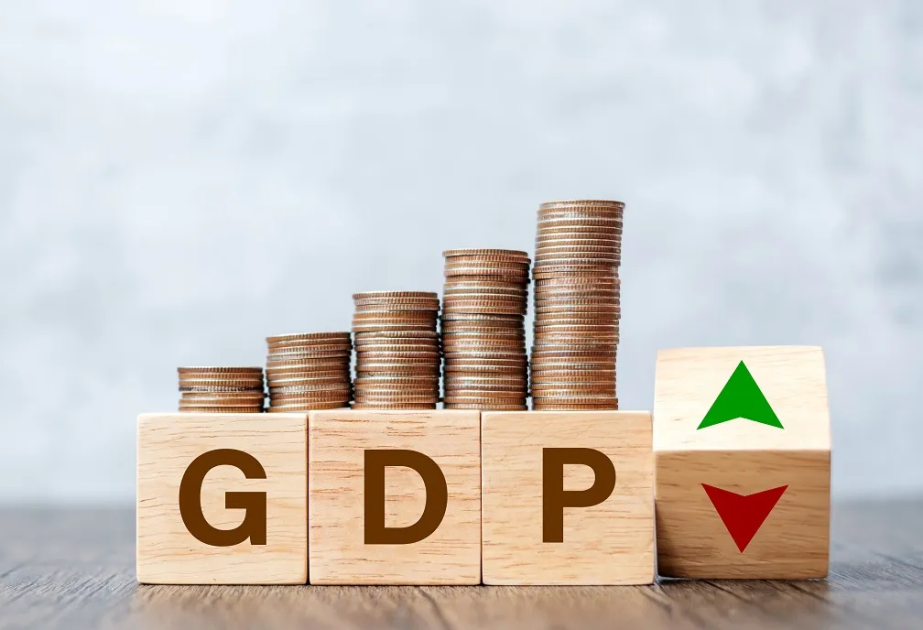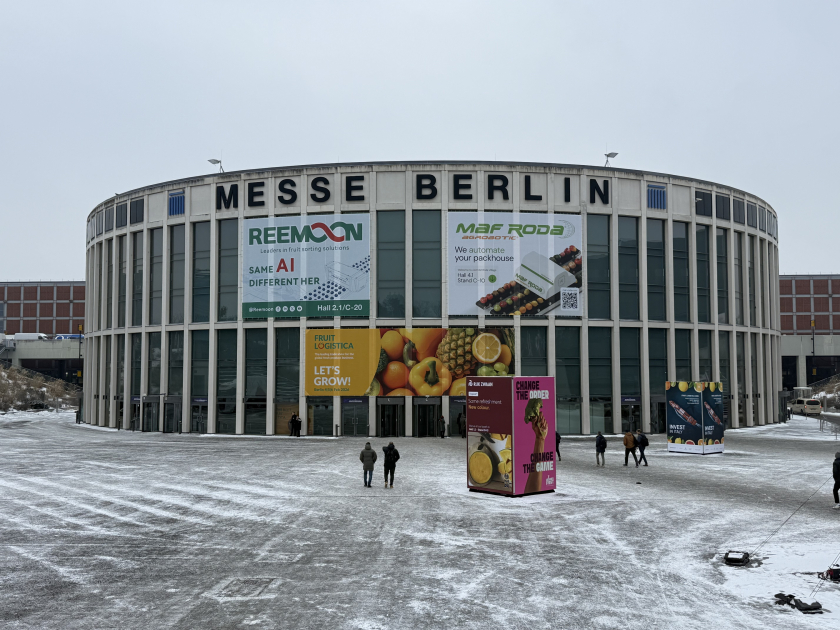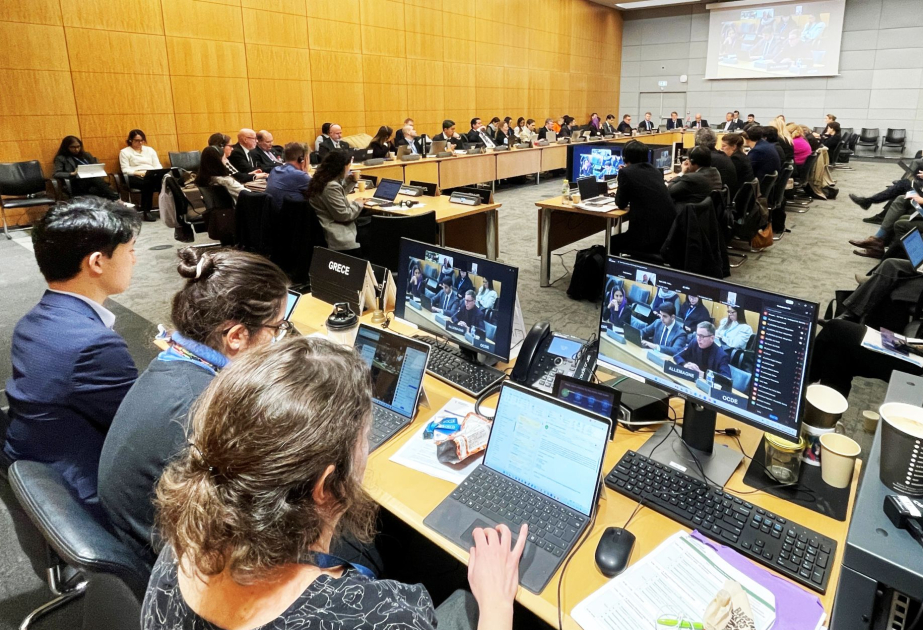Countries should consider looking beyond Gross Domestic Product, or GDP, as the key measure of economic growth to achieve the ambitious Sustainable Development Goals (SDGs), UN policymakers have suggested.
According to the UN’s official website, the initiative is in line with UN Secretary-General António Guterres’s longstanding assertion that “moving beyond GDP is fundamental to building an economic system that gives value to what counts – human well-being – now and in the future, and for everyone."
While GDP has become the gold standard by which economic development is judged, it was never intended to encompass the overall wellbeing and progress of any single nation.
Neither does it capture the value of human, social or nature capital, explained Özge Aydogan, Director of UN Geneva’s Beyond Lab, which takes a lead thinking about social innovation and sustainability.
“That's something that GDP measures very poorly - or not at all, in fact,” Ms. Aydogan said, “so, the whole movement around ‘Beyond GDP’ is to look into ways of moving from an extractive economy – which we are on right now – into an economy where capital…is not only created for economic purposes that only benefit a few, but actually for people and planet.”
In a bid to integrate untapped human capital, natural resources and wellbeing into how a country’s wealth might be calculated in future, the Beyond Lab has been brainstorming with government officials, researchers and thought leaders in sustainability.
But what policymakers still haven’t worked out is what a post-GDP economy would look like – neither have they agreed on the best path to get there.
For Ms. Aydogan, an ideal scenario for 2050 would be a regenerative economy – one that isn’t only extracting resources to derive revenue, but rather, creating wealth through untapped virtual assets.
In practical terms, countries would factor in other wealth-creating assets, such as a country’s natural resources.
“You replenish nature, for instance,” she explained, adding that more holistic metrics would not necessarily replace GDP. “What we're really actually looking into is to complement GDP.”
Alternative economic metrics have been around for some time. In 1972, King Jigme Singye Wangchuck of the small, landlocked Asian state of Bhutan coined the Gross National Happiness index.
It captures four areas: sustainable development, conservation of the environment, preservation and promotion of culture – and good governance.
Likewise, the Human Development Index is often cited as another alternative to evaluate the overall development and well-being of a nation, taking into account life expectancy, standards of living, and education.
An increasing amount of research reveals that the GDP model is insufficient, says Nathalie Bernasconi of the International Institute for Sustainable Development (IISD) – and change-makers must find ways to translate the scientific evidence into national policies.
They should also create incentives for governments to move away from an outdated, GDP-heavy paradigm that was created in the 1930s, in the aftermath of the Great Depression, by the economist Simon Kuznets to measure economic output and help policymakers respond to the crisis.
“GDP alone cannot guide us towards this future,” said Ms. Bernasconi, who is Vice-President of Global Strategies and Managing Director for Europe at IISD.



















